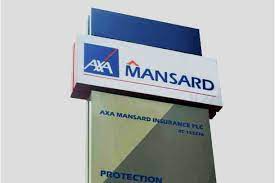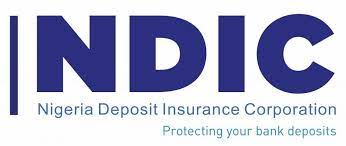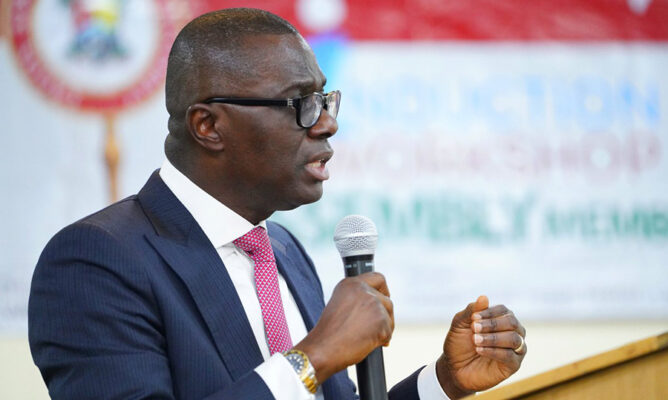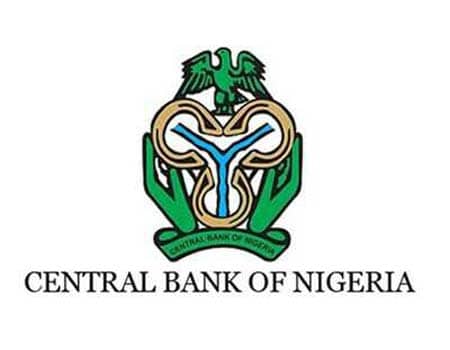
NDIC Advocates Legal Collaborations In Bank Liquidation, Debt Recovery
The Nigeria Deposit Insurance Corporation (NDIC) has emphasized the need for stronger legal collaborations to enhance the processes of bank liquidation, debt recovery and other core mandates of the Corporation. Bello Hassan,















